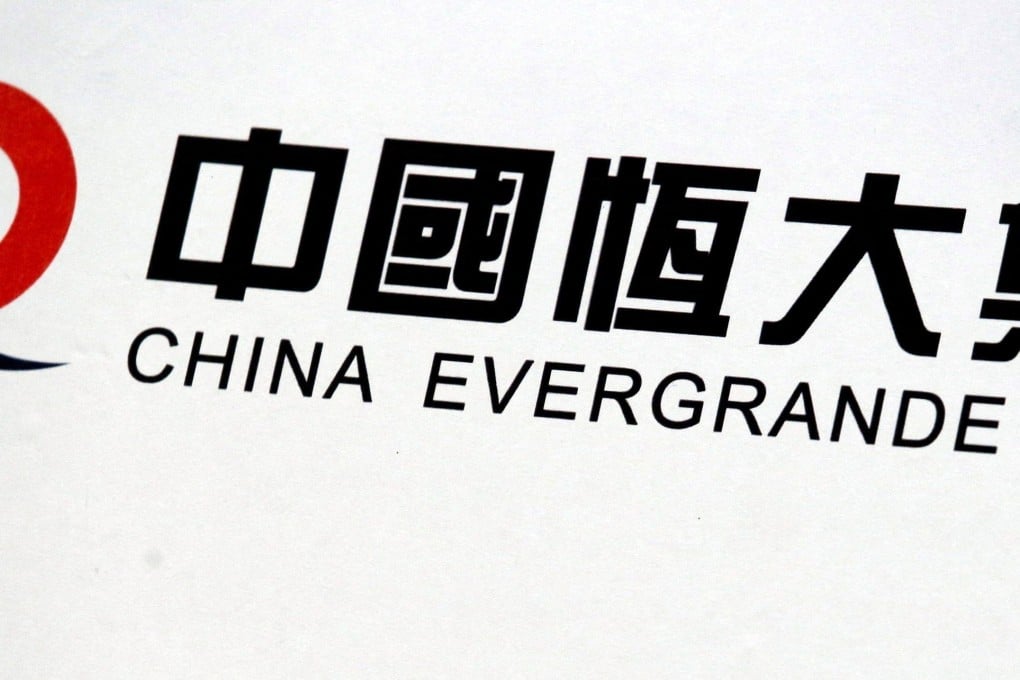Evergrande loses ally after state-owned China Railway puts its stake in real estate unit up for sale
- China Railway bought the holdings in Evergrande Real Estate (Shenzhen) in December 2019 for 2.3 billion yuan
- Evergrande is still weighed down by US$22.7 billion in offshore debts, including bonds, private financing loans and project loans

China Evergrande Group, the world’s most indebted developer, lost an important ally after a state-owned enterprise put shares of the real estate company’s unit onto the market.
China Railway Construction Investment Group said that it plans to sell 49 per cent of its equity in an Evergrande-controlled enterprise, Evergrande Real Estate (Shenzhen), for a minimum of 2.66 billion yuan (US$398.8 million), according to a notice posted Tuesday on the official China Beijing Equity Exchange, an equity transaction bourse and platform for mergers, acquisitions and restructuring.
The Shenzhen-based enterprise, which focuses on real estate development, housing rentals as well as interior home decoration, is currently 51 per cent owned by Evergrande Group and 49 per cent by China Railway, according to the online portal.
China Railway, which is under the State-owned Assets Supervision and Administration Commission of the State Council, bought the holdings in Evergrande Real Estate (Shenzhen) in December 2019 for 2.3 billion yuan.
The Evergrande unit lost 247 million yuan in 2021 on revenue of 2.02 million yuan.
Upon completion of the sale, China Railway will exit Evergrande Real Estate (Shenzhen) entirely.
Evergrande Group, China’s second biggest real estate company by sales last year, has been struggling with debt payments since the second half of 2021.
Fitch Ratings said last week that it has decided to withdraw its rating on the embattled property developer and two of its subsidiaries as it no longer has sufficient information to maintain ratings on the companies.